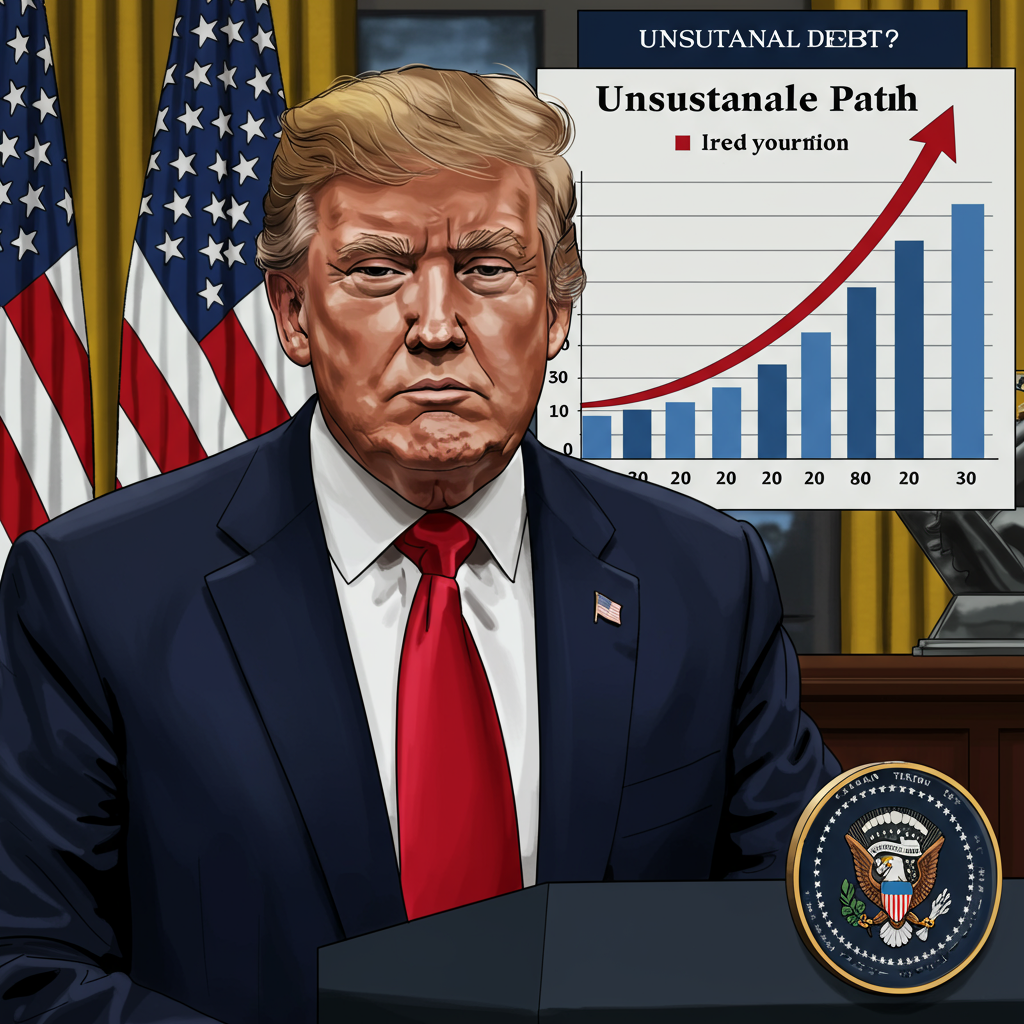For years, attending sought-after concerts or major sports events often meant battling ticket touts and facing hugely inflated prices on resale sites. While fans struggled, some prolific touts were building multi-million pound operations. But alarming concerns raised by judges during recent fraud convictions hinted at a darker possibility: that staff at major ticketing firms might have played a role in their success.
This article delves into allegations of how top touts allegedly received inside help from within the ticketing industry, particularly concerning the now-defunct Ticketmaster-owned resale platforms, GetMeIn! and Seatwave.
The Rise of the £Million Touts
Forget the image of someone selling spare tickets outside a venue. Figures like Peter Hunter and Maria Chenery-Woods, the self-styled “Ticket Queen,” ran sophisticated online businesses from spare rooms, making millions from trading tickets between 2010 and 2017. They were convicted of fraud, not simply for reselling tickets for profit (which wasn’t illegal in the UK at the time), but for the fraudulent methods used to acquire tickets in bulk.
Their tactics involved bypassing strict purchase limits on primary ticketing sites like Ticketmaster, See Tickets, and AXS. They achieved this by using multiple identities, names, and credit cards – sometimes even using details of deceased relatives or dozens of unsuspecting individuals, as in the Ticket Queen’s case. Once acquired, these tickets were offloaded onto major secondary resale sites, including StubHub, Viagogo, and Ticketmaster’s own GetMeIn! and Seatwave.
The scale was immense. Prosecutors calculated Hunter’s company alone generated £26.4 million in sales revenue over about seven-and-a-half years. With resale sites earning commissions potentially as high as 25%, the main platforms could have collectively pocketed millions from Hunter’s sales alone.
Judges Raise the Alarm
The investigation into alleged insider help was sparked by comments from judges overseeing the fraud cases against Hunter and Chenery-Woods.
In 2021, dismissing an appeal by Hunter, a judge highlighted evidence suggesting “connivance and collusion” between ticketing companies and touts. More recently, during the sentencing of Chenery-Woods and others, another judge raised similar concerns, suggesting some ticketing sites may have been “complicit” in the touts’ substantial profits from reselling.
While Ticketmaster itself wasn’t directly involved in these specific court cases, the judicial remarks cast a spotlight on the wider industry and prompted questions about what was happening before Ticketmaster closed its controversial resale sites in 2018.
Allegations of Inside Support
Drawing on interviews with former and current ticketing staff, industry consultants, and court transcripts, evidence emerged suggesting touts weren’t operating in a vacuum. They allegedly received significant assistance from within the platforms designed to facilitate resale:
“VIP” Treatment: Former staff claimed large-volume touts were treated like “VIPs” on resale platforms because they generated massive revenue – potentially hundreds of thousands, if not millions, in business.
Financial Incentives: Industry sources indicated that platforms offered discounts or incentives to top sellers. Peter Hunter alleged in court that GetMeIn! offered him cashback incentives, such as £4,000 back if his sales hit £550,000 over three months.
Tailored Software: A former employee in Ticketmaster’s resale technical team stated they worked closely with touts, even developing software specifically to help them manage and sell large inventories on the secondary market. They described building relationships with touts as if they were regular customers.
Information & Tip-offs: Allegations surfaced in court that a senior boss at GetMeIn! would pass on information from Ticketmaster’s legal department and even ring Hunter weekly with tips on upcoming sales before the general public knew. This boss allegedly added a “new privilege” for “top brokers” (touts) to automatically list large ticket volumes quickly.
Helping Bypass Limits: Email evidence presented in Hunter’s trial suggested the same senior GetMeIn! employee offered to intervene when Hunter’s bulk purchases exceeded Ticketmaster’s primary site limits. The employee allegedly wrote about potentially flagging Hunter’s orders internally as “GMI” to prevent them from being cancelled by Ticketmaster, indicating awareness of his use of multiple accounts to break purchase rules.
Indifference to False Identities: In the Ticket Queen trial, prosecutors argued the same senior GetMeIn! boss and a colleague were “complicit or at least indifferent” when she requested changing her account name from “Ticket Queen” to a false identity (“Elsie Marshall”) on the resale site, seemingly to hide her tout status.
- Payments to Staff: The prosecution in the Ticket Queen trial revealed that her accomplices paid two GetMeIn! employees directly via a separate bank account – not the company’s – to buy tickets on their behalf. One employee allegedly earned £8,500 in less than a year from this arrangement.
- www.bbc.com
- www.bbc.co.uk
- www.bbc.co.uk
- www.bbc.co.uk
- www.bbc.co.uk
These allegations paint a picture where, for some touts, the resale platforms were not just marketplaces but active partners in their operations.
Close Company Ties
Despite Ticketmaster’s public stance and claims that its primary and resale arms operated as “separate entities,” evidence suggested otherwise. Before closing the sites in 2018, GetMeIn! and Seatwave shared directors with Ticketmaster UK (including former chairman Chris Edmonds and top legal representative Selina Emeny), occupied the same open-plan London office, and, critically, shared technology infrastructure.
A former employee in Ticketmaster’s technology teams noted that given the shared systems, it would have been relatively easy to link accounts buying tickets in bulk on the primary site with those selling heavily on the secondary sites. He suggested that if the company truly wanted to tackle the problem, they had the tools to identify and stop touts operating across their platforms. This contrasts with former chairman Chris Edmonds’ statement to Parliament in 2016 that Ticketmaster lacked “visibility” over how sellers acquired tickets on its resale sites.
Even other companies were allegedly drawn in. Peter Hunter claimed an American Express representative contacted him out of the blue, offering multiple Platinum business cards with “unlimited spend” and suggesting “ways around” Ticketmaster’s purchase limits, even offering to waive fees for bulk card use. Amex stated they investigate misconduct when identified.
Company Responses and Today’s Landscape
Ticketmaster, in response to the allegations, stated they refer to companies dissolved in 2018 and events from over a decade ago with “no relevance to today’s ticketing landscape.” They called revisiting these claims “confusing and misleading,” asserting they now have “no involvement in the uncapped resale market” and are committed to “fair and secure ticketing.”
Indeed, Ticketmaster closed GetMeIn! and Seatwave in 2018, shortly after Peter Hunter was charged. They now offer resale on their main site, capped at face value. However, they are also shifting strategy on the primary market, using tiered “In Demand” or “Platinum” pricing to capture value closer to market rates, aiming to keep standard ticket prices lower and divert profits away from the secondary market towards artists.
Other major resale platforms like Viagogo and StubHub stated they comply with UK regulations, offer consumer protections, and actively work against fraudulent activity. Viagogo noted that facilities like account managers for large sellers are “standard industry practice,” while StubHub emphasized its measures to protect consumers.
Despite the changes, the head of National Trading Standards’ e-crimes unit, Mike Andrews, noted that while primary platforms claim measures are in place, “it’s quite evident” bulk buying by touts “still takes place now.” He added, however, that his unit currently lacks sufficient resources to pursue further touting cases.
The court cases exposed a complex ecosystem where large-scale ticket touting flourished, raising serious questions about the extent of alleged relationships and potential complicity within parts of the ticketing industry itself before the 2018 shift. While the landscape has changed, the underlying challenge of touting persists.



